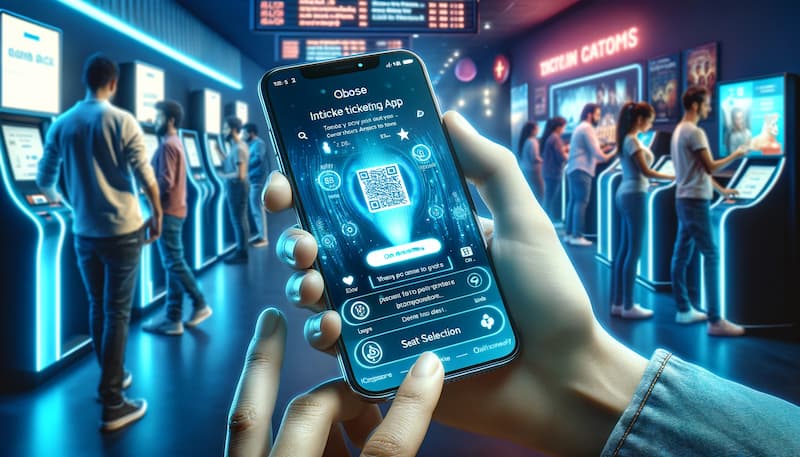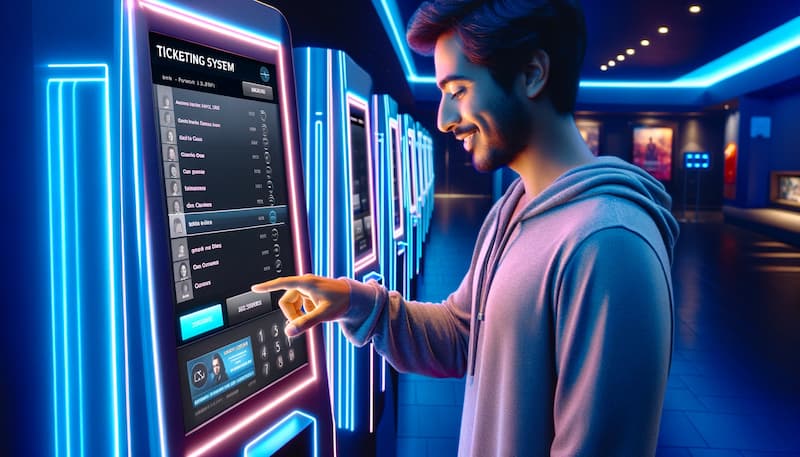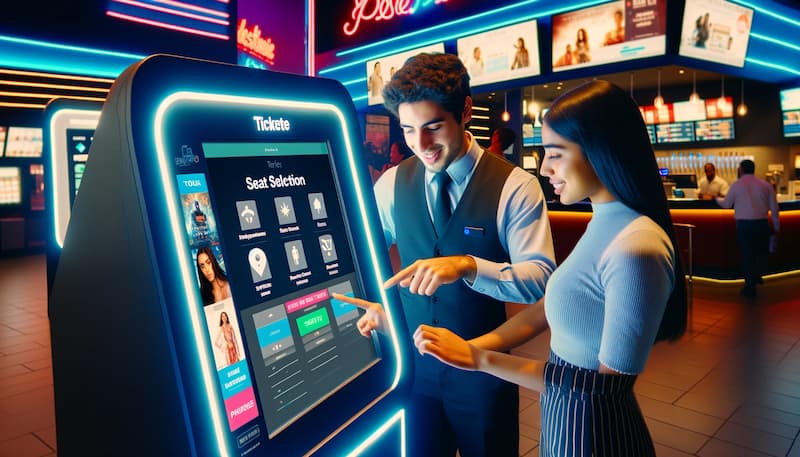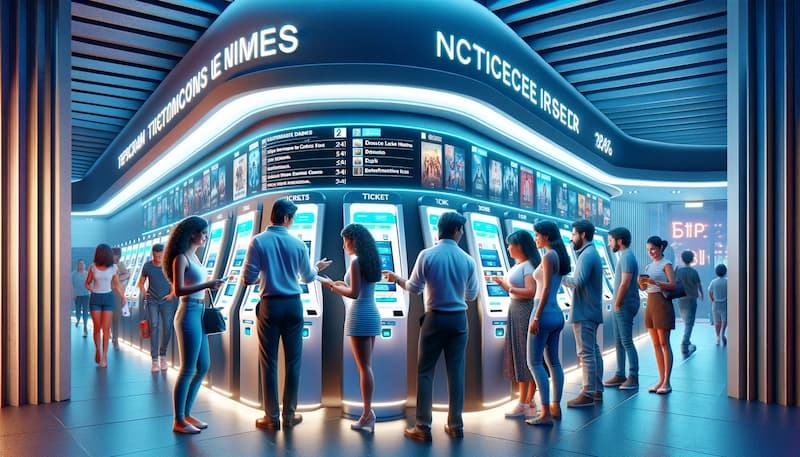
Ticketing systems are a cornerstone of the consumer experience in the entertainment industry. Their efficiency and accessibility not only influence the initial perception of the event but also the overall satisfaction of the user. Over the years, technological evolution has played a crucial role in transforming these systems, from traditional box offices to modern online platforms, making ticket purchasing more accessible, fast, and convenient for everyone.
The digitalization has marked the beginning of a new era for ticketing systems. The transition from physical sales at the box office to online digital platforms has greatly expanded access and convenience for consumers, allowing them to purchase tickets from anywhere and at any time. This transformation has not only optimized the purchasing process but also elevated the importance of user experience in the design of efficient systems, where ease of use and speed have become essential criteria for success.

In an increasingly digital and consumer-centric market, efficient ticketing systems have become a critical component for the success of events and shows. As we move towards 2024, several key features emerge as fundamental to providing a superior user experience and optimized operations. These features not only enhance the customer’s purchasing experience but also contribute significantly to retention and satisfaction.
A user-friendly and accessible interface is paramount. This means responsive design that adapts to different devices, from computers to tablets and smartphones, ensuring all users can access and navigate the system without hassle. Simplicity in design, along with clear instructions and a frictionless purchasing process, minimizes the chances of cart abandonment and improves conversion rates.
Effective integration with social media facilitates the spread and promotion of events, allowing users to purchase tickets directly from their preferred platforms without navigating to an external website. This feature capitalizes on user behavior on social media, facilitating a more organic and less intrusive purchasing experience. Additionally, the ability to share purchases and attended events encourages digital word-of-mouth, crucial for the event’s visibility.

Diversity in payment options is essential to cater to a global and diverse audience. This includes not only credit and debit cards but also mobile payments, electronic wallets, and cryptocurrencies, among others. Security in the payment process is equally critical, with systems that must comply with PCI DSS standards to protect users’ financial information.
Efficiency in queue management and seat allocation can make a significant difference in consumer experience. Advanced systems using algorithms to optimize seat selection and reduce virtual waiting time significantly enhance customer satisfaction. The ability for users to select their preferred seats through interactive venue previews adds a personalized and valued level to the purchasing experience.
Personalization plays a crucial role in modern ticketing systems. Using historical user data and artificial intelligence algorithms, systems can offer personalized recommendations, promotions, and alerts about future events that are likely of interest to the user. This personalized attention not only enhances the purchasing experience but also fosters customer loyalty.

To efficiently serve a global audience, ticketing systems must offer multilingual support and payment options in multiple currencies. This ensures users from different regions can access, understand, and use the ticketing system with ease, eliminating linguistic and financial barriers.
Efficient systems are equipped with analytics and reporting capabilities that allow event organizers to track sales, trends, and user behaviors in real time. These data are crucial for adjusting marketing strategies, capacity planning, and financial management, ensuring organizers can dynamically respond to market demands.
The key features of efficient ticketing systems in 2024 reflect a combination of usability, personalization, security, and advanced technology. By focusing on improving the user experience at every touchpoint, these systems not only facilitate ticket acquisition but also build a positive and lasting relationship with the consumer. As technology continues to evolve, it’s crucial for ticketing system providers to stay up-to-date with these trends, ensuring their offerings remain relevant and competitive in a constantly changing market.

In 2024, innovative systems like TicketFast, QuickPass, and E-TixSolutions stand out in the market for their efficiency, innovation, and customer satisfaction. These platforms offer advanced solutions, such as augmented reality for seat viewing, deep integration with social media for direct purchases, and predictive analytics to personalize offers to users.
Artificial intelligence and data analytics are revolutionizing ticket sales by optimizing the purchasing experience. These technologies enable personalized recommendations based on users’ purchase history and preferences, and demand prediction to adjust pricing strategy in real time, enhancing customer satisfaction and maximizing sales.

Ticketing systems face challenges such as data security and the need to adapt to emerging new technologies. However, significant opportunities also arise, especially in integration with augmented and virtual reality experiences, which can offer immersive previews of events and enhance user interaction.
The most efficient ticketing systems are fundamentally transforming the entertainment industry, improving the consumer experience from the first point of contact. Continuous innovation in this space is crucial to meet the growing expectations of users and ensure a purchasing and event attendance experience that is as memorable as the event itself.





